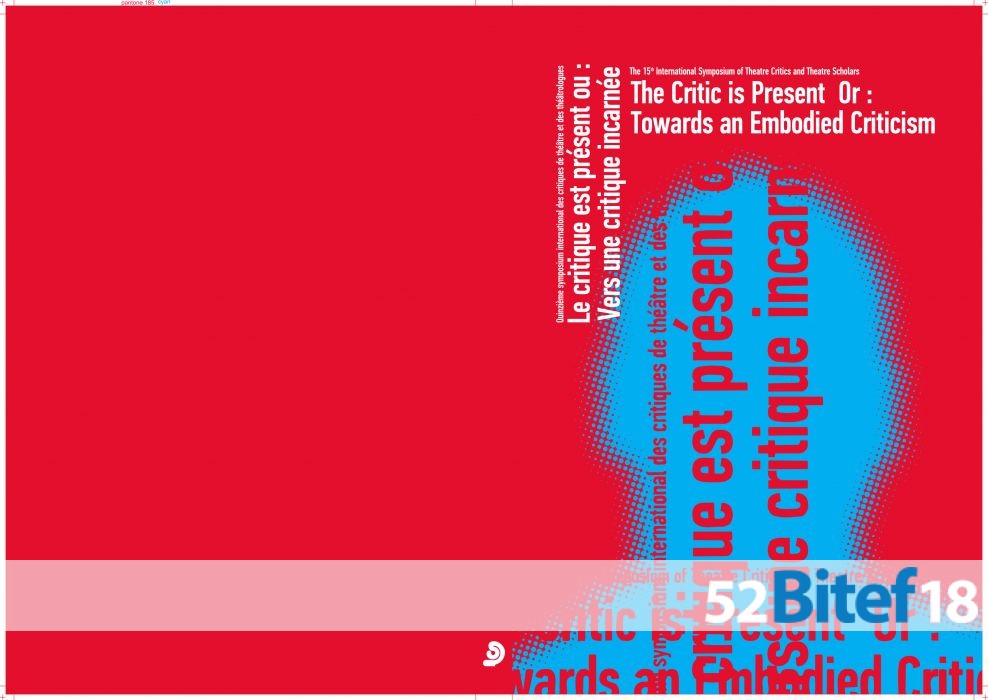In September 2015, the traditional International Symposium of Theater Critics and Scholars, organized by the Sterijino pozorje festival in collaboration with the International Association of Theater Critics (IATC), was held in Novi Sad.
The topic of this Symposium was: The Critic is Present or: Towards Embodied Criticism. The main theoretical context for this topic emerged from some contemporary streams of theater and performance studies, including the works of Erika Fischer-Lichte among others, in which performance is seen not as a piece made on/for the stage but as an event. A performance emerges not on the stage but in between the stage and the auditorium as a result of the constant bodily, energetic, emotional, intellectual, and spiritual exchange between spectators and performers. A theatrical event is transient, fluid, variable, and susceptible to all physical and other sensations.
Seen in this theoretical perspective, a spectator is no longer a recipient of the performance but its co-author. But what about critics? If critics, like any other spectator, are supposed to experience a unique event rather than understand (read, interpret) an elaborate net of stage signs, then this position influences the primary task of theater criticism. Its task is now less of an interpretation and evaluation of a theater piece and more of a description and testimony of the experience of a particular event. The experience of the critic’s bodily co-presence is not only material for further description, elaboration, and analysis in criticism; it could be the very means or medium of criticism. We can expand the notion of the critic’s bodily co-presence to the critical practice itself - to oral criticism. Although at first glance, oral criticism may seem to be a random, improvised, and spontaneous practice, it can also be shaped in the form of public discussion just after the performance. This is how criticism literally becomes an embodied practice of performance.
In these Conference Proceedings some twenty participants from Germany, United Kingdom, Italy, Kazakhstan, Portugal, Slovenia, Serbia, Sweden, and th USA tried to answer these and other related questions.

- total votes 0